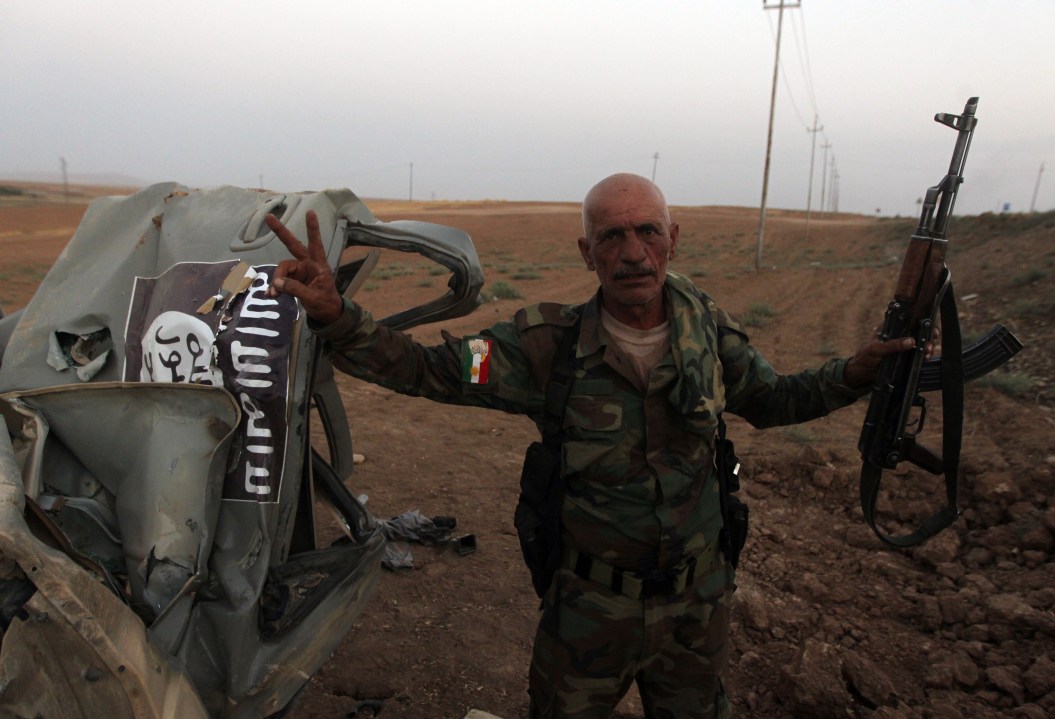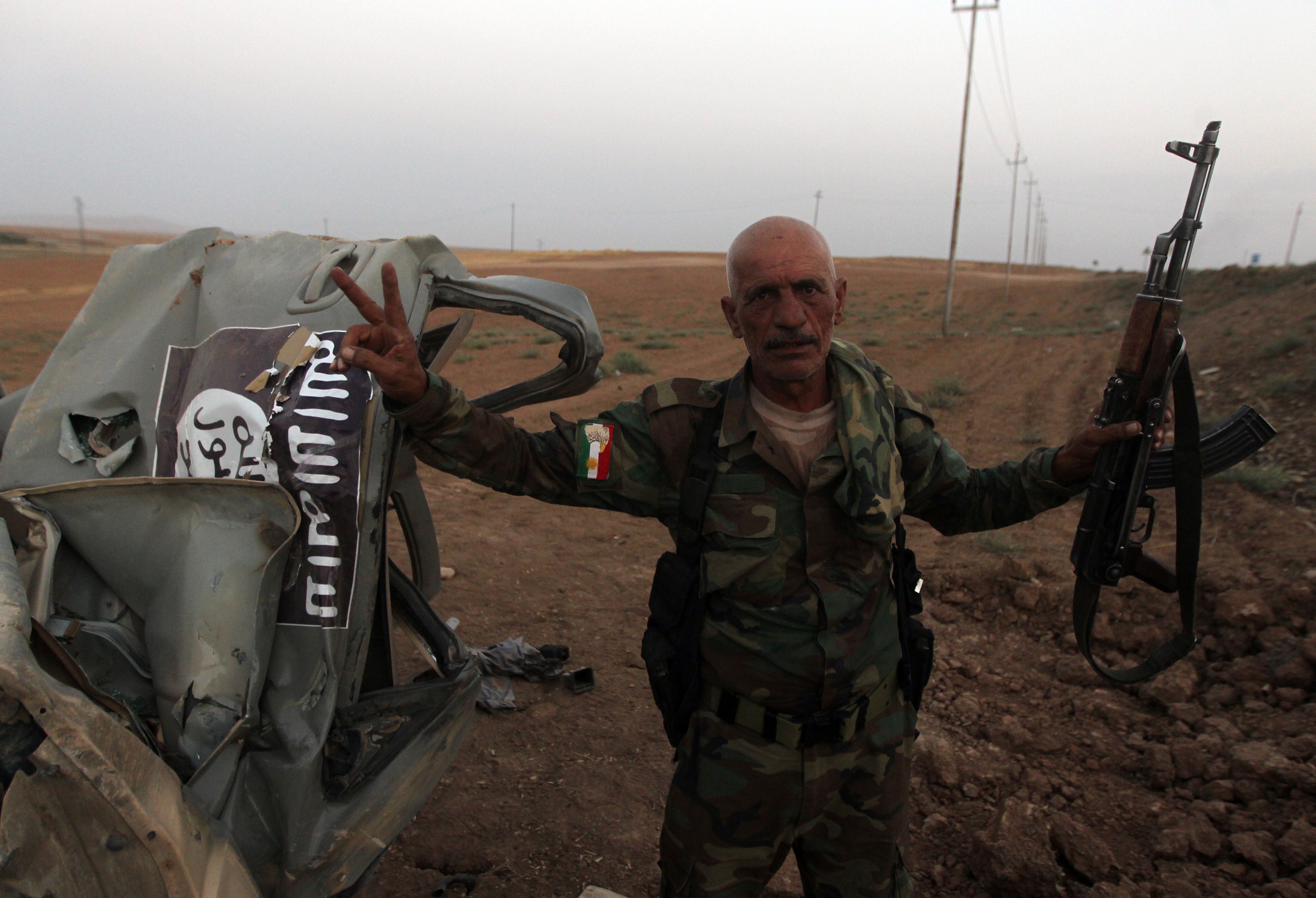The word in senior diplomatic circles is that the PM would personally favour deeper involvement but has no intention of placing himself this year on the wrong side of public, and therefore parliamentary, opinion. His defeat over Syria when he recalled the Commons last year has left its scars. Informed sources suggest that he sees no advantage on this occasion in trying to lead public opinion.
You might think, even nine months from a general election, that foreign policy might be informed by some contemplation of the national interest and that this could be reckoned more important than short-term party political advantage but you would, of course, be mistaken. And, perhaps, depressed.
Even so this is dismal. If this report is accurate it means the Prime Minister thinks there is a right thing to do but that he is not prepared to take any action that might allow him to do the things he thinks are the right thing to do. There’s no advantage in doing so, you see. And so, instead, we will do things the Prime Minister thinks are not the right thing to do. And this will be considered good politics or even some kind of small victory.
Sheesh. Has it come to this? Apparently so. A Prime Minister who will not make his own case – especially on a matter as significant as this – is a Prime Minister in retreat. Worse, he emasculates himself. What is David Cameron for if not, in theory, advancing his interpretation of Britain’s national interest?
It would be one thing to avoid greater involvement in the struggle against ISIS after a proper argument over the need to do so; quite another to avoid having the argument in the first place. It suggests a shrivelled Prime Minister at the head of a shrivelled government leading a shrivelled country. Which, in this instance, is a choice too.








Comments